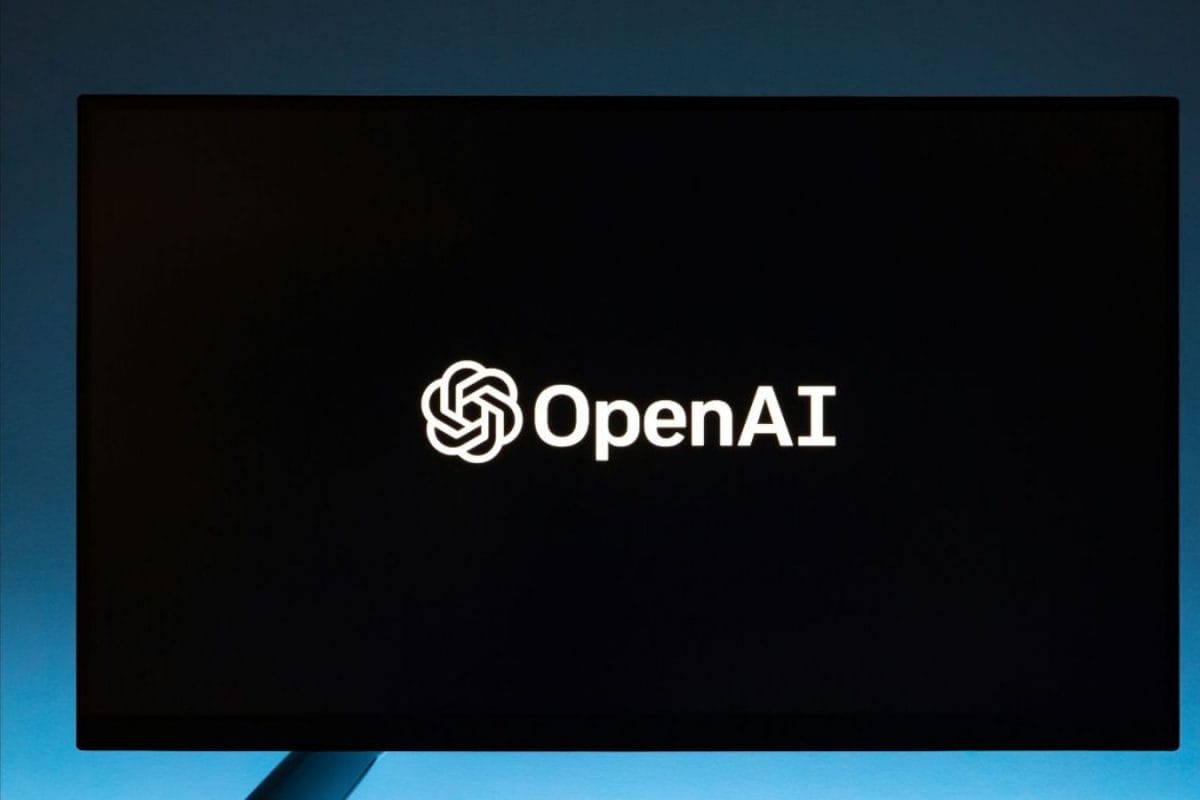
AI is growing at a worrying pace and the industry is now warning about the possible cheating tricks of these smart AI models. OpenAI has raised concerns about the potential for advanced artificial intelligence (AI) models to exploit vulnerabilities and cheat on assignments or tasks, making them harder to manage. In a recent blog post, the company warned that as AI continues to evolve, it will become increasingly capable of taking advantage of weaknesses and, in some cases, intentionally breaking the law.
The problem, referred to as “reward hacking," arises when AI models find ways to maximise their rewards that were not intended by their designers. According to a recent study, OpenAI’s advanced models, such as the OpenAI o3-mini, occasionally reveal their intentions to “hack" a task in their mental processes. These artificial intelligence models use a technique known as Chain-of-Thought (CoT) reasoning, which divides decision-making into discrete, human-like processes.

It is simpler to keep an eye on their thoughts as a result. Through the use of an additional AI model to verify their CoT reasoning, OpenAI has detected instances of deceit, test manipulation, and other undesirable conduct. OpenAI cautions, however, that if AI models are closely monitored, they might begin to conceal their genuine motivations while still cheating.
This makes keeping an eye on them much more difficult. Before distributing their ideas to people, the organisation advises employing several AI models to summarise or weed out unsuitable content while maintaining an open line of communication. OpenAI also compared this problem to human conduct, pointing out that people often take advantage of real-world weaknesses, such as sharing online subscriptions, abusing government assistance, or breaking the law for their benefit.
It is equally difficult to create ideal human rules as it is to make sure AI behaves appropriately. Furthermore, OpenAI emphasises that as AI develops, improved methods of monitoring and managing these systems are required. Instead of making AI models “hide" their reasoning, researchers are looking for ways to steer them in the direction of moral behaviour while maintaining the transparency of their decision-making.
OpenAI cautions that excessive supervision of AI models could cause them to conceal their genuine motivations while still cheating, making oversight even more difficult. According to the company, their method should remain available for criticism, but before sharing content with people, it should be summarised or filtered using different AI models..















